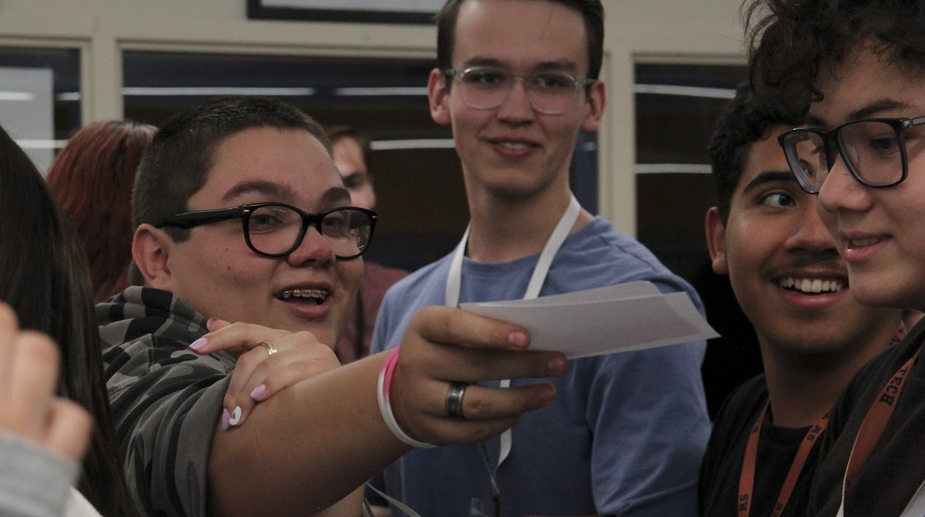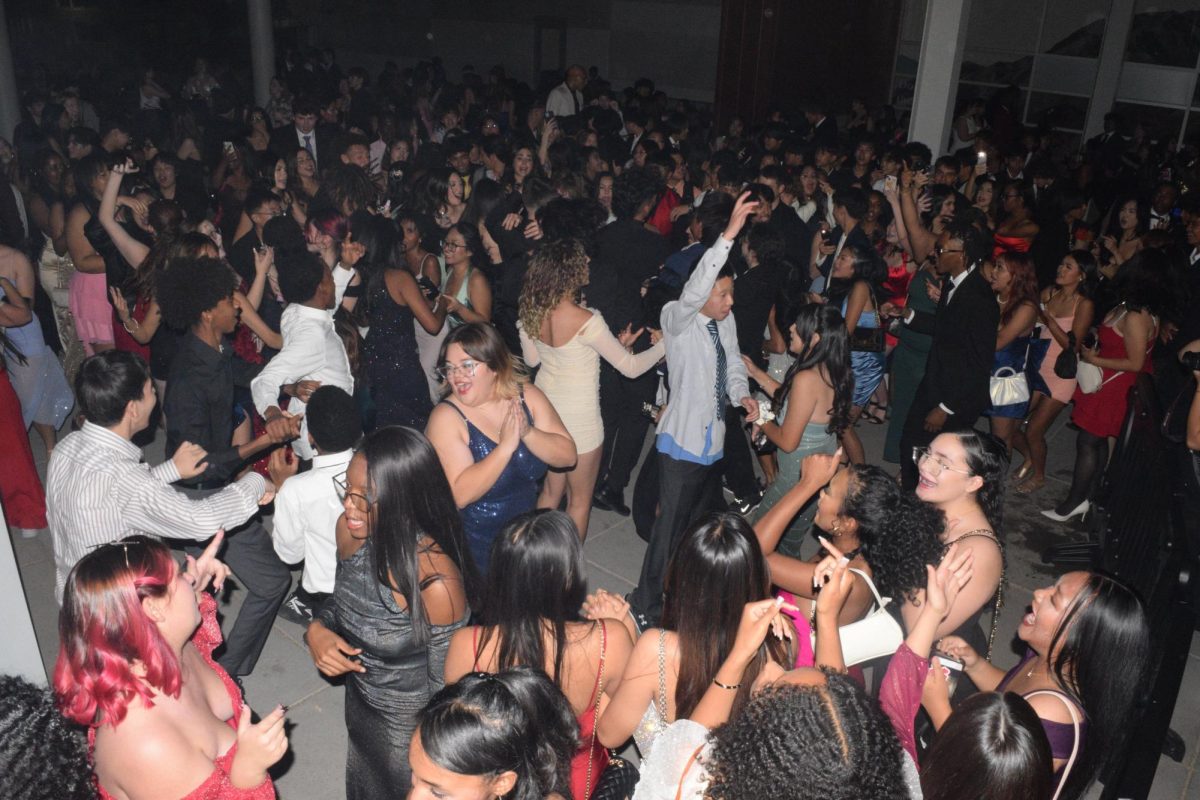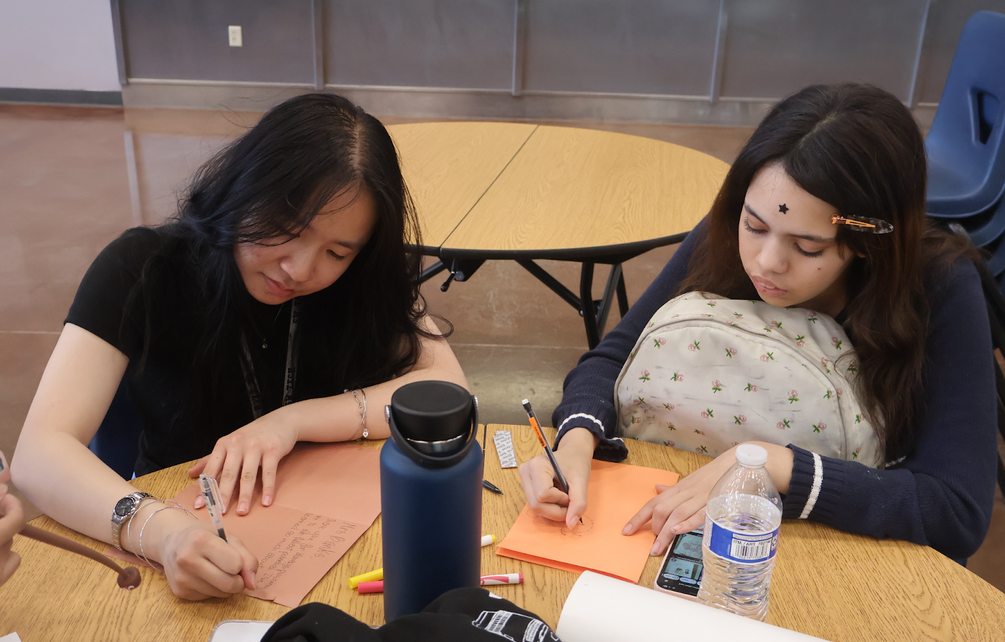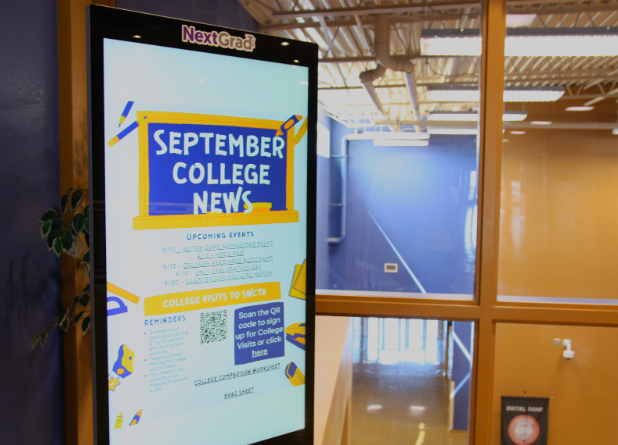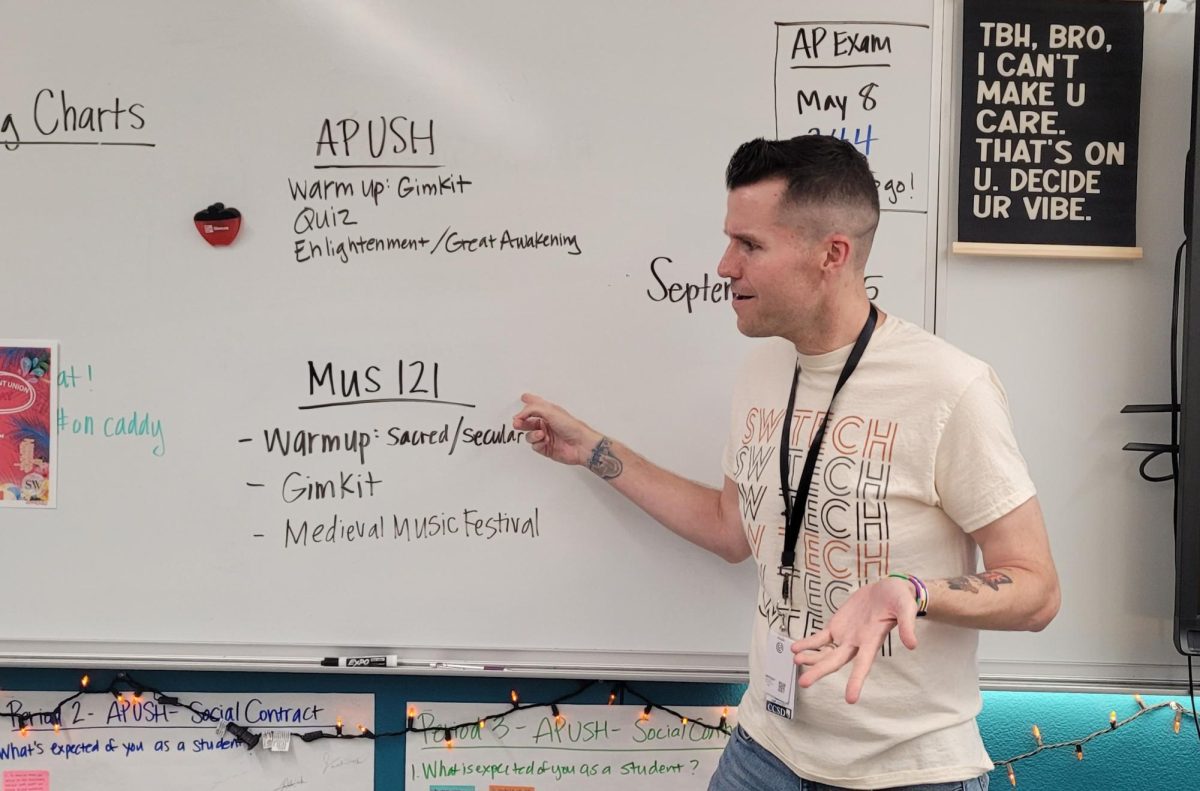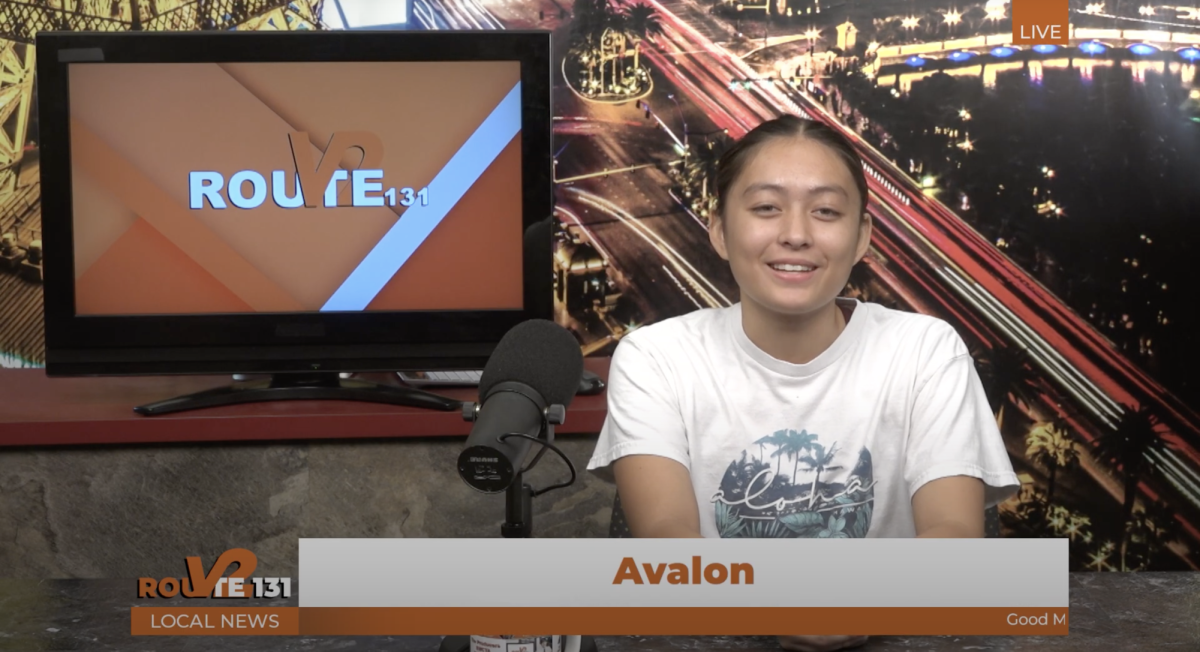Much of modern literature is based on writing from the past. In order for students to better understand how old literature has affected current writing and literary devices, English 10 teachers Cathy Sabol and Virginie Guillemette are familiarizing students with these techniques.
Diving into the biggest unit of the year, Shakespeare, Sabol’s class is focusing primarily on the effect old literature has had on current writing. Students will begin by reading “Hamlet” and will be moving on to “Romeo and Juliet” in the spring.
“This is world literature and with so many pieces to choose from, when I had to shorten it for these shortened classes, I really had to make sure that I thought this was worthwhile for my students to enjoy, not just because I love it,” Sabol said. “‘Hamlet’ is the most famous Shakespeare character and when we get to ‘Romeo and Juliet,’ everyone’s heard of it, but it’s important to know why their story is still around. I love the effect Shakespeare’s writing has on current literature, so I want to make sure my students get that as well.”
Meanwhile, sophomores in Guillemette’s class are reading “Persepolis,” which describes the life of the author, Marjane Satrapi, as a teenager caught in the midst of the Iranian Revolution.
“I hope students enjoy reading the book and will be able to learn something about the world and about themselves through reading it. Even though we are not a young woman growing up in 80s Iran, we share many common hopes and fears,” Guillemette said. “I also hope they see the underlying message about courage, individuality, and compassion. That is the real value of literature: helping us see the human experience and becoming better for it.”
Both of these works will expose students to old literature and by analyzing the literary devices seen in Shakespeare, students can decipher the path it has paved for present-day literature.
“Shakespeare has a way with words that not many can match. By reading his literature we can not only read the words of one of the greatest playwrights in history but also see the use of more complex literature techniques and their application in historical plays,” sophomore Vassily Tan said. “This not only allows us to practice identifying literary devices but also familiarizes us with them.”
When reading Shakespeare, students can be exposed to serious themes that could relate to their own lives, which isn’t always seen in other literature. Similarly, Guillemette’s class is also getting the chance to analyze mature themes in ‘Persepolis’
“One of the major themes of ‘Persepolis’ is the idea that moving from childhood to adulthood means learning and coming to terms with some difficult truths about the world — that it can be a threatening and dangerous place. That you will encounter loss, betrayal, and possibly violence,” Guillemette said. “A lot of students are already exposed to a lot of violence already, even if it is simulated and not real. Whereas the violence in media and entertainment can have a desensitizing effect, I think literature puts a face and real emotional experience to it, and helps see it more fully to understand the impact it has on real people.”
In addition to reading ‘Hamlet’ and other Shakespearean plays, Sabol’s class will be acting out the plays.
“Being able to read them as if you were acting them out makes the class more fun and overall enjoyable,” Tan said. “I think that being able to pretend you are the character helps when it comes to contextualizing them. After all, you can only truly understand someone once you’ve been put in their shoes.”
On the other hand, Guillemette has been assigning discussions that will lead to a virtual discourse session at the end of the unit.
“As we read the book, students are participating in online discussion threads to explore and identify themes and find meaning for the scenes in the story. These discussions not only help students identify and explore the literary devices, themes, and motifs of the story, but also develops their academic language and discourse skills,” Guillemette said. “At the end of the unit, students will participate in a virtual panel discussion to present and talk about some of the big ideas of the story to an audience.”
By having students enjoy a variety of genres, teachers hope students gain a better understanding of how English has changed over time and expand their literary expertise. Their goal is for students to see the impact writing can have on one’s life and the effect it has on the world.
“I think that since Shakespeare’s plays were written when English was a little different it will further my understanding of literature,” sophomore Manmeet Kaur said. “When the plays were written English seemed to be more sophisticated and complex, over the years it seems as if it has gotten simpler. This will help me gain knowledge about how it has changed over the many years that it has been spoken.”




![Practicing the basic skills of nursing, sophomore Natalia Yancey gets her heartbeat checked with a stethoscope. Sophomore nursing students reviewed skills from freshman year. “I’ve always wanted to be in the medical field; it’s been my dream forever,” Yancey said. “Doing [practice skills] so early on is not only an amazing opportunity, but it helps me to prepare for my future.”](https://southwestshadow.com/wp-content/uploads/2025/10/IMG_9843-1200x800.jpg)


